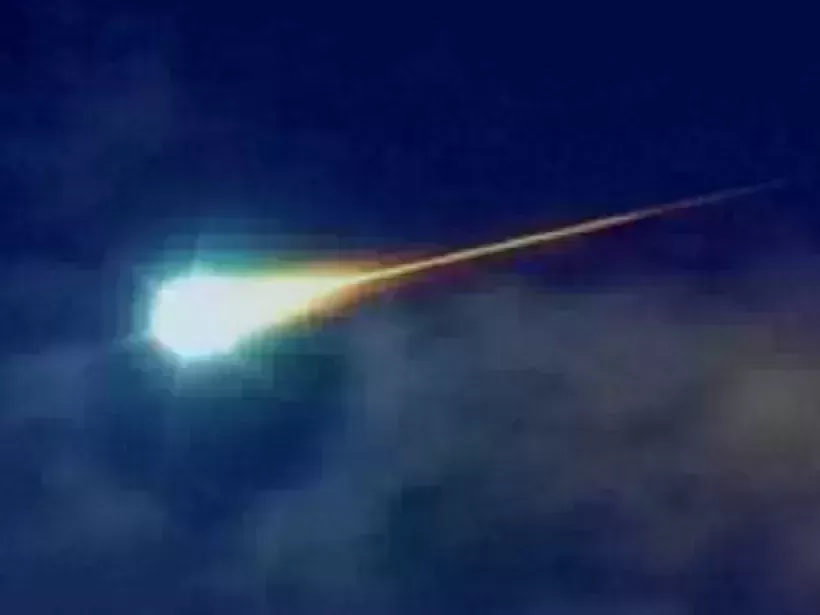
Aliens exist? A scientist sets about to find it, but his peers roll their eyes
text_fieldsNew York: A scientist at the Harvard University has given enough reasons for his fellow scientists to feel uneasy when he set about to find out the truth behind a fireball that blazed through Earth’s atmosphere on January 8, 2019.
Avi Loeb, a theoretical astrophysicist at Harvard University, and Amir Siraj, then an undergraduate student at the university, decided to study the object, according to The New York Times.
They became curious about the object long after US government sensors, as usual, stored the details of the fireball including the velocity and brightness in a data base.
After studying the details of its speed and direction, Siraj found out the fireball was an extreme outlier, according to the report.
Afterwards, Loeb led a near adventure to retrieve the remnants of the fireball off the western Pacific seafloor.
Later on June 21, Loeb claimed to have found it saying that it could help find evidence of extraterrestrial life, a contentious argument which many mainstream scientist disdain.
‘Not biological creatures, the way you see in science fiction movies,’ Loeb was quoted as saying, adding ‘It’s most likely a technological gadget with artificial intelligence.’
However, many astronomers were not happy with Loeb’s declaration, which they termed as ‘outlandish’ and ‘too strong and hasty’.
Steve Desch, an astrophysicist at Arizona State University, called Loeb’s declaration as ‘wild claims’, adding that people are sick of them.
‘It’s polluting good science — conflating the good science we do with this ridiculous sensationalism and sucking all the oxygen out of the room’ Steve Desch reportedly said.
Loeb, however, is known for publishing hundreds of papers on blackholes, dark matter, fate of universe, and the first star.
He began to be curious about the possibility of aliens after interstellar object named Oumuamua whizzed past the Earth in 2017.
When other scientists called the visitor an asteroid or comet, Loeb argued that it could ‘an artifact of intelligent life’ fueling interest.
As the fireball was speeding at 28 miles per second, Loeb and Siraj concluded that it was moving too fast for ‘something gravitationally bound to our sun’ meaning it was an an intersteller object like Oumuamua.
Anyways, the curiosity surrounding the aliens are long going without finding any definite answers.
Perhaps, studies will someday help humans to know there are others like us in the universe—But will they look like us?





